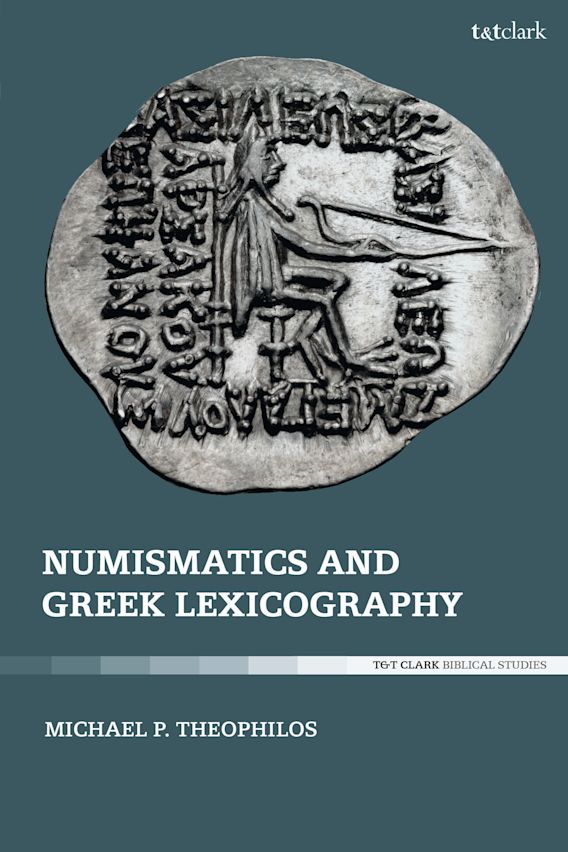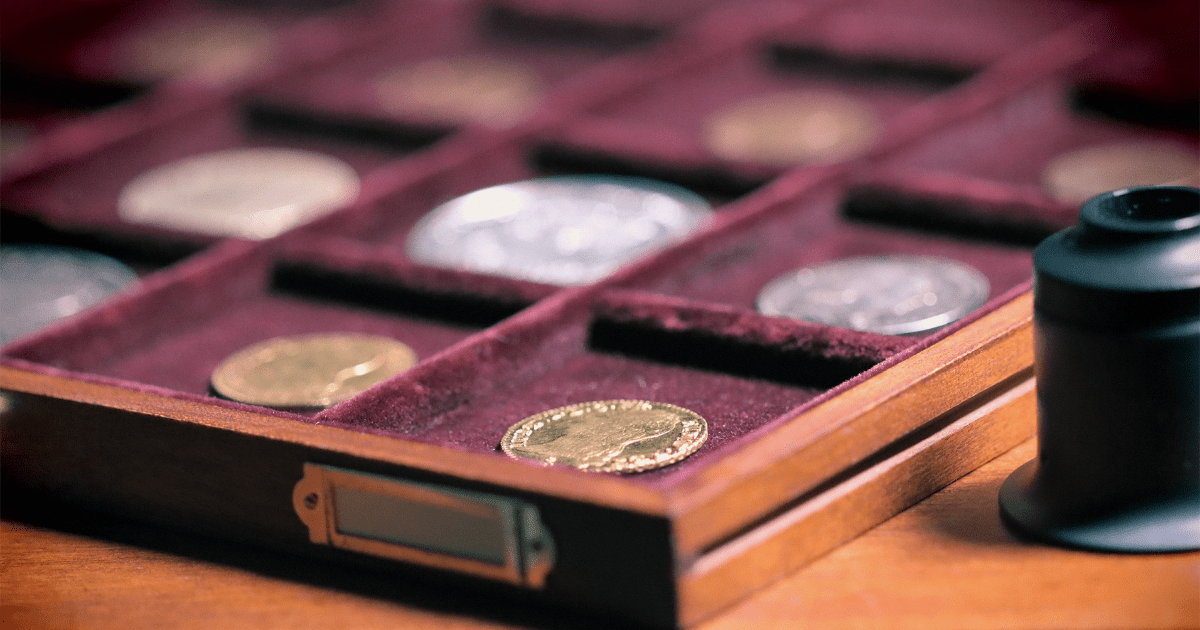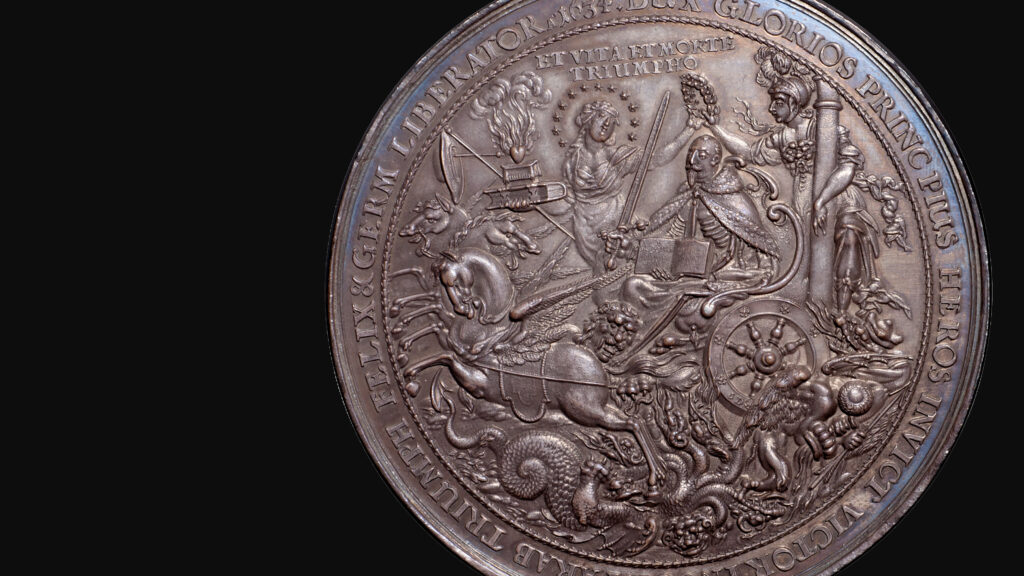Recommended Advice To Selecting Coin News And Coin Authenticity
Wiki Article
How Can I Access An Online Database To Do Studies On Numismatics As Well As Central Banks?
To effectively collect and evaluate data, you'll need to follow a few important steps.
Database Selection: Choose databases that are focused on financial and numismatic data. They include databases offered by financial institutions and universities, numismatic societies etc. Numista's databases or those from the World Bank, or even academic journals, like JSTOR, are examples.
Strategie de recherche: Start by defining your goals. Are you interested the historical coin issues of a particular central bank, or the economic policies which are reflected in the coin designs or the economic effects of numismatics decision-making? Tailor your search terms accordingly, including keywords like "central bank coins,"" "numismatics," and specific central bank names.
Data collection: Make use of the advanced search functionality that is provided by the database in order to find relevant information including reports, datasets, and data. Locate historical records, policy papers, as well as catalogs of numismatics, which provide the different types of coins and the locations of minting.
Analysis: Once the data has been taken, it's time to examine them to identify patterns or trends. Examine the different approaches of central banks in coinage. Also, compare variations in the design theme over time, and economic factors that impact the decisions to produce coins. You can find correlations between economic or historical developments and numismatic patterns.
Cross-Referencing: Validate your conclusions by cross-referencing data from multiple sources within the database. This will provide a comprehensive understanding of the database and decrease the chance of relying only on data that is biased or only a few points.
Documentation: Write down all your findings and sources as well as the methods you employed. Documentation is essential for professional or academic purposes and improves the credibility of your work.
The numismatic data, as the central bank's policies are always changing. Visit the database frequently to keep up with new research and updated catalogs of coins.
Follow these steps to make use of the power and knowledge of databases in order to conduct a thorough study about numismatics, particularly as it pertains to central bank. This approach ensures a methodical exploration of historical and contemporary aspects of coin production, circulation as well as the wider economic implications of numismatic decisions. View the recommended coin engraving recommendations for website examples including coin errors, proof coins, banknote certification, coin minting, coin show, obsolete currency, obsolete currency, banknote storage, currency authentication, austrian coins and more.

What Can I Do With An Online Database To Look Up Numismatics Regarding Exhibition And Show Events?
In order to conduct numismatic research, is crucial to use databases that contain information about exhibitions, show, conferences as well as other events. The following is a step-by-step guide to conducting this type of study: Database selection: Select databases that are specifically designed for the field of numismatic events and exhibitions. Websites of the most prominent numismatic associations like the American Numismatic Association, online platforms that provide information on international numismatic exhibitions and museums archives are examples.
Define Research Focus: Specify your research objectives. Are you seeking out the upcoming or previous numismatic events, conferences on this topic, regional coin shows, themed exhibitions or educational events? Define your objectives to you in your search.
Search Method: Search using keywords like "numismatic exhibitions," "coin exhibitions," and "numismatic events" to find appropriate results. Include event names, location or even themes If you'd like. You can use advanced search features to filter the results based on the type of event including exhibitions and conferences, or by geographic area.
Access to information about the upcoming and past numismatic shows. Gather details such as event dates, locations organizers, themes or specific collections that are featured, as well as participating exhibitor information, as well as associated publications or catalogs. Find databases that permit you to access virtual tours of exhibitions or other digital materials.
Analyse the data in order to identify the educational objectives themes, trends, and goals of numismatic events and exhibitions. Analyze how various exhibitions, shows and collections aid in the public's understanding of numismatics.
Cross-Referencing: Check your research findings by cross-referencing data across multiple database databases, listings of events and official websites. This method ensures that your research is correct and complete, providing you with all the information you need about numismatic activities in the world.
Documentation: Document your findings thoroughly including citations to sources and noting the methods used. Provide the databases you that you use as well as the search term(s) and the relevance each source has to your query.
Keep up-to-date: Numismatics is an ever-changing field with numerous exhibitions, conferences, and shows. Keep up to date by checking updates from numismatic society, event organizers and databases for specialized events.
These steps will help you discover numismatics in databases related to exhibitions and events. This approach enables an in-depth study of the range and educational value of numismatic shows and events across the world. Check out the best click for source about antique coins for website tips including coin grading, coin release, engraving, coin certification, currency exhibition, coin storage, coin design, currency, euro, dinar and more.

How Can I Find Out More About Numismatics With Respect To Legal Experts Using A Database For Numismatics?
The study of numismatics and legal experts involves utilizing databases that concentrate on numismatic laws, regulations that govern currency and coinage and legal precedents relating to numismatic disputes, as well as academic articles that discuss the legal aspects of numismatics. Here's a systematic way to conduct such a research: Choose databases that are specialized in research on legal issues. They include databases that focus on the law governing numismatics, court rulings involving numismatics, and academic publications on the legal issues pertaining to numismatics. Examples of this kind of research include databases for legal matters like Westlaw, LexisNexis and numismatic publications.
Define Research Focus: Specify your research objectives. Are you interested in understanding legal frameworks governing coinage and currency, numismatic disputes, regulations on coin production and circulation, or the legal interpretations of numismatic authenticity and ownership? Find out the key to your research.
Search Strategy Make use of keywords like "numismatic laws," "legal aspects" of coinage, "numismatic disputes," and also the legal concept or instances (such the authenticity and ownership as well as counterfeiting). Advanced search tools to filter results by date, legal subject (numismatics) as well as by the jurisdiction (national or international), and other factors.
Data Collection: Access legal precedents (case law) and legislative text (legislation) and research publications on numismatics. Gather case summaries as well in legal analyses, interpretations, or pertinent statutes. Additionally, you can gather historical perspectives and details on the law of numismatics.
Analyze: Understand the legal implications in the field of numismatics through the analysis of data. Discover how the legal frameworks affect numismatic transactions and processes such as collection management, authentication, as well as international trade. Compare the legal interpretations of various jurisdictions.
Cross-Referencing. Make sure that the information you have is correct by referencing it in various databases. This includes legal journals, court documents as well as academic publications. This will ensure that your research is accurate and complete, providing you with an accurate picture of the legal context in numismatics.
Documentation. Document your findings in research papers by citing the sources you used and noting the methodology. Take note of the information in the databases you accessed and the search terms you used as well as the importance each resource has to your research question.
Stay up-to-date: Legislative changes and court rulings affect the interpretation of numismatic law. Stay up to date by keeping track of the latest updates from databases of legal experts as well as numismatic law publications and ad-hoc updates from numismatic societies about legal developments.
These steps will enable you to efficiently use databases in order to explore numismatics with the help of legal experts. This method allows for a thorough investigation into the legal frameworks, challenges and scholarly interpretations which intersect with the field of numismatics, offering insights into the legal aspects governing the collection of coins, coinage, and trade worldwide. View the most popular here for blog info including coin minting, coin catalog, nickel, uncirculated, currency history, collection, bullion, currency exhibition, coin pressing, coin marketplace and more.

How Can I Search For Experts On Preservation And Conservation Using A Numismatics Database?
Here's how you can conduct a structured research on numismatics. Here's a systematic approach to conduct such research:Database Selection: Select databases that are specialized in the preservation and conservation of cultural heritage, which includes numismatic artifacts. They include websites of conservation groups like the International Institute for Conservation of Historic and Artistic Works (IIC) museum conservation departments and numismatic publications.
Define Research Focus: Specify your research objectives. Are you interested in understanding conservation techniques applied to numismatic objects, case studies of recovered coins or medals or medals, preventive conservation methods, or ethical considerations in conservation of numismatics? Clarify the focus of your research.
Search Strategy: Use words like "numismatic conservation,"" "coin preservation techniques," "conservation practices for medals," and include specific conservation techniques (such as cleaning, stabilization storage) or historical periods when applicable. Results from searches can be filtered based on date, conservation subjects as well as case studies with advanced search features.
Data collection: Get information regarding conservation methods and preservation techniques applied to numismatic items. Find out information about research studies on conservation practices as well as articles on preventive conservation strategies, interviews with conservation specialists and guidelines for handling and storing the numismatic collection.
Analyze: Study and interpret the information to understand the techniques, challenges, innovations, and innovations in conservation. Assess the impact of conservation treatments as well as the role of science in conservation decisions and the incorporation of ethics in conservation practices.
Cross-Referencing: Verify your research findings by cross-referencing information across multiple databases, conservation organization websites, museum conservation departments, and scholarly publications. This will ensure accuracy and completeness in your research, providing an extensive overview of conservation practices for numismatics.
Documentation - Documentation is essential. Note sources and the methods you used. Provide the database used and the research term(s) and the significance of each source to the research issue.
Keep updated. Preservation techniques and conservation methods are constantly evolving due to technological advances and science. Stay up to date by keeping track of updates from conservation groups and museums' conservation departments and specialized numismatic conservation publications for the latest advancements in numismatic conservation.
You can use databases to find out more about numismatics by conservation and preservation specialists by following these easy steps. This method allows for a thorough study of the techniques of conservation, the ethical practices, and the contributions of conservation specialists in preserving the numismatic heritage, and provides an understanding of the difficulties and advances in protecting cultural heritage through numismatic conservation methods. Read the top rated https://zlatemince.cz/ for blog advice including currency, banknote club, uncirculated coins, penny, banknote errors, banknote club, coin issue, banknote storage, rare coins, coin forum and more.

What Is The Best Way To Use An Online Database To Look Up Numismatics And Industry Consultants?
Researching numismatics with regards to consultants in industry requires databases that focus on consulting firms, individual consultants, reports from industry, as well as publications from organizations like numismatic society. This is a method that can be structured to conduct this type of research. Examples include listing of businesses, consulting firms' websites, and publications from numismatic associations.
Define Research Focus: Specify your research objectives. Are you interested in understanding the services of consulting offered to numismatic companies and market analysis reports on numismatics, expertise of individual consultants in specific industries, or even trends identified by industry consultants? Determine the goal of your research.
Search Method: Search using keywords such as "numismatic industry consultant", "numismatic consultancy firms" as well as "market analyses of coins" to locate appropriate results. If appropriate you could add geographical regions and specific areas of knowledge. Advanced search options let you to filter by date, consultant specialty and consulting services offered.
Data Collection: Access details about firms of consulting that specialize in numismatics, as well as industry consultants who offer services to numismatic companies. Data Collection: Access information on consulting firms with their expertise areas (market analysis and collection management as well as authentication), testimonials from clients and written reports by industry consultants.
Analyze the data to assess the function and contributions of consultants within the numismatic industry. Examine the expertise of consultants and techniques in offering advice on numismatic investments and market trends. Also, analyze the strategies they employ to manage collections and regulatory compliance.
Cross-References: Ensure that the information you have provided is correct by comparing it with different databases, the publications of numismatic organizations, and reports from the industry. This will ensure accuracy and completeness of your research and provides an extensive view of the consulting landscape within numismatics.
Documentation - Record your findings in a structured manner including sources and methods. Take note of the information in the databases you used as well as the search terms that you utilized, as well as how each one of them is related to your research.
Stay updated. Market trends, consultancy services, as well as the latest economic news and updates to the regulatory environment will impact the numismatic market. Updates from consulting firm websites and reports from the industry, numismatic society journals, and more will keep you informed of the latest market trends and trends.
Following these steps, you will be able to effectively utilize databases to study the numismatics industry in relation to consultants. This method allows for a thorough investigation of market analysis as well as strategic insights offered by consultants in the numismatic field. They are able to provide valuable insights into business operations investments, strategies for investment and market dynamic. See the recommended cool training for coin catalog for site recommendations including treasury, commemorative coins, czech coins, coin history, coin edge, coin rarity, currency collecting, currency forum, coin blank, slovak coins and more.
